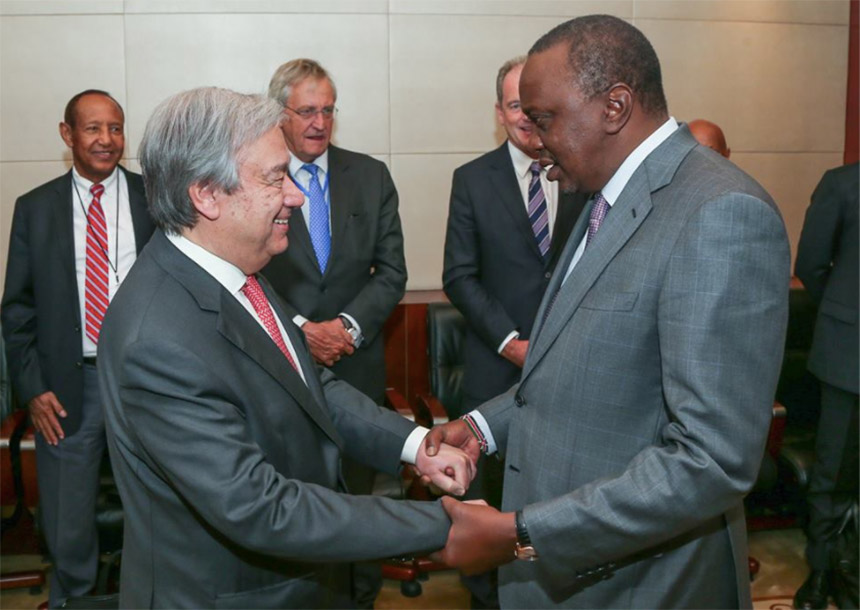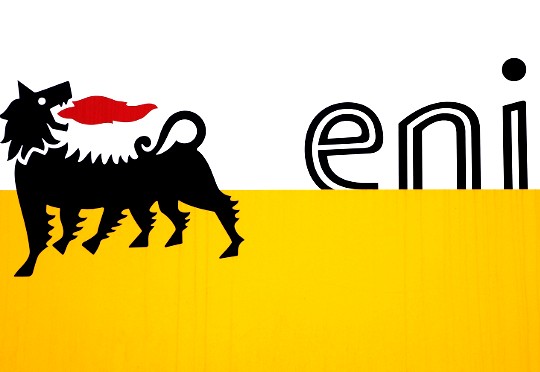Economic Community of West African States (ECOWAS), has given the West African Monetary Institute (WAMI) a fresh mandate to ensure that the long-awaited single currency takes off in 2020.
Speaking exclusively to Daily Sun, the Director General of WAMI, Dr Ngozi Egbuna, revealed that every effort has been geared towards making this mandate a reality.
Although, she acknowledged that the ECOWAS single currency is the second one because the UEMOA countries (French acronym of West African Monetary and Economic Union) is already integrated.
It is against this backdrop that WAMI was given a mandate to kick-start the English-speaking monetary zone in 2020.
“I said that it is the second one because the first one is already integrated which is the UEMOA countries. We are not integrated. So, we are to fast-track it. The forefathers of WAMI decided to set up a second monetary zone which is our own—West African Monetary Zone—-the English –speaking West Africa plus Guinea to make it easier instead of all of us going one-by-one to set up a monetary zone with the one that is already established.
However, in 2014, ECOWAS said that we should all have a single monetary zone. And so, that is why we have gone back to ECOWAS agenda” she said.
According to her, WAMI is not leaving any stone unturned until the objective is realized.
“The objective is that we are to set up the second monetary zone for West Africa. WAMI is made up of six countries including the Anglophone West African countries plus Guinea. Six countries make up WAMI. It was set up to start a second monetary zone for West Africa given that we have the French-speaking West Africans who have the UEMOA. So, the objective is economic and monetary integration of West Africa.
She observed, however, that integration should not be done haphazardly because of some micro-economic fundamentals.
“We are working towards a single monetary zone and it is not until you have a currency that you will say that you have a monetary zone. When you are integrated with people, you move freely within the sub-region. And don’t forget that our economies are heavy in the informal sector and most of the players in the informal sector move around seamlessly. The informal sector in our zone is already integrated. It is the formal sector that is waiting.
Trading is going on. From Lagos to Senegal, you can trade in naira or any of the other currencies that you wish to. That is integration enough. But even at that, it is not something you have to rush. It is something you work with based on micro-economic fundamentals” the DG, noted.


